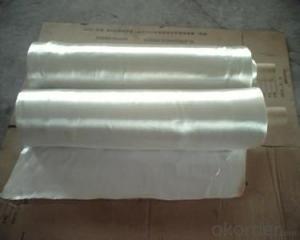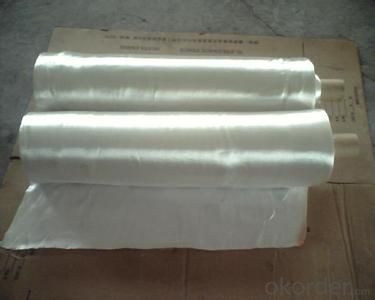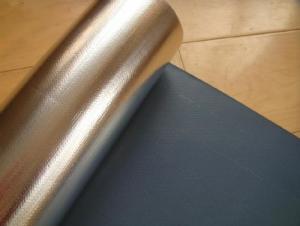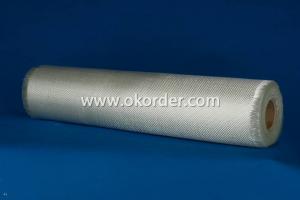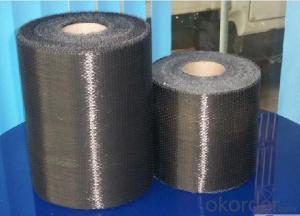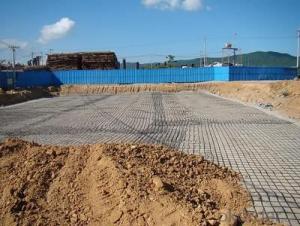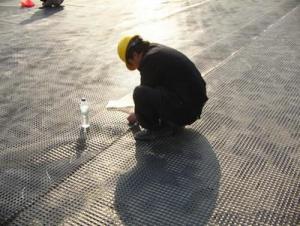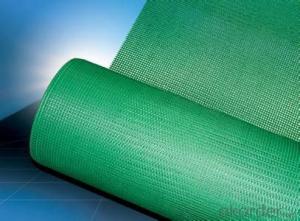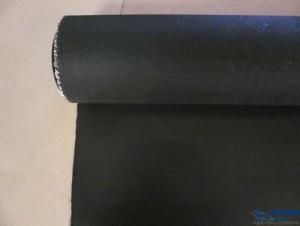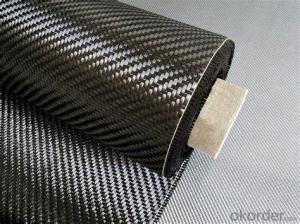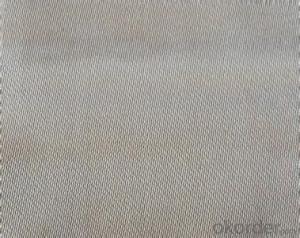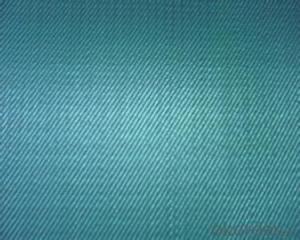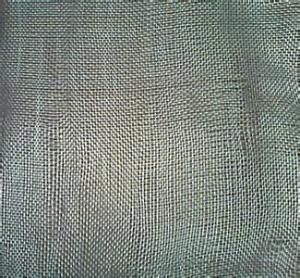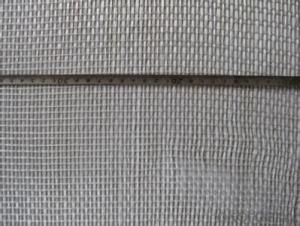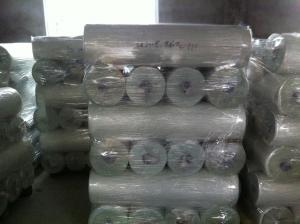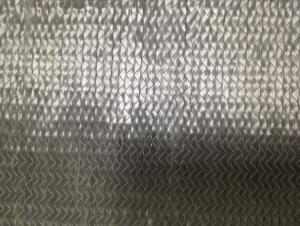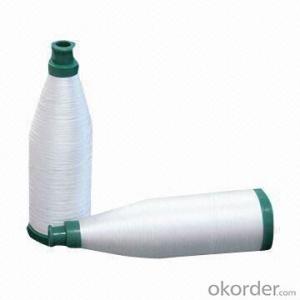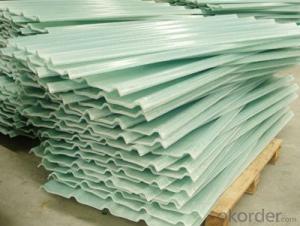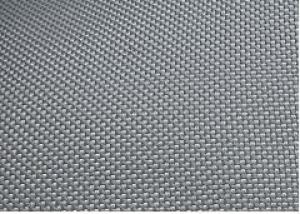Neoprene Coated Fiberglass Fabric Silica Fiber Cloth for Reusable Heat Insulation Jacket
- Loading Port:
- China Main Port
- Payment Terms:
- TT OR LC
- Min Order Qty:
- -
- Supply Capability:
- -
OKorder Service Pledge
Quality Product, Order Online Tracking, Timely Delivery
OKorder Financial Service
Credit Rating, Credit Services, Credit Purchasing
You Might Also Like
Quick Details
| Type: | Place of Origin: | Brand Name: | |||
| Model Number: |
Packaging & Delivery
| Packaging Detail: | According to buyer's requirement. |
| Delivery Detail: | Depend on the purchase order quantity. |
Specifications
Ceramic-fiber Woven Cloth, Ribbon, Square/Round Braided Packing & Rope, High Silica Cloth, Fiberglass Woven Cloth.
Silica fiber cloth for reusable heat insulation jacket , cover , pad
- Q: What are the different thicknesses of fiberglass fabric available?
- Fiberglass fabric is available in a variety of thicknesses to suit different applications and requirements. The thickness of fiberglass fabric is typically measured in ounces per square yard (oz/yd^2). The most common thicknesses of fiberglass fabric range from 4 oz/yd^2 to 10 oz/yd^2, with increments of 2 oz/yd^2. 4 oz/yd^2 fiberglass fabric is relatively lightweight and is commonly used in applications where a thin and flexible material is needed, such as for repairs on small boats or automotive parts. 6 oz/yd^2 fiberglass fabric is a medium-weight option that provides better strength and durability compared to 4 oz/yd^2. It is often used for general repairs, reinforcing weak areas, or creating lightweight structures. 8 oz/yd^2 fiberglass fabric is a heavier option that offers increased strength and rigidity. It is commonly used for more demanding applications, such as reinforcing large structural components or creating composite parts. 10 oz/yd^2 fiberglass fabric is the thickest commonly available option and is used when maximum strength and durability are required. It is often used for industrial applications, such as reinforcing concrete structures or manufacturing high-performance composite materials. In addition to these common thicknesses, there are also specialty fiberglass fabrics that can be much thicker or thinner depending on the specific application. It is important to select the appropriate thickness of fiberglass fabric based on the intended use to ensure optimal performance and desired results.
- Q: How is fiberglass fabric cleaned?
- Fiberglass fabric can be cleaned easily with some simple steps. Firstly, remove any loose dirt or debris by vacuuming or gently brushing the fabric. For general cleaning, prepare a solution of mild detergent and warm water. Gently scrub the fabric using a soft brush or sponge, making sure to cover all areas evenly. Avoid using harsh chemicals or abrasive materials, as they may damage the fabric. After scrubbing, rinse the fabric thoroughly with clean water to remove any soap residue. Finally, allow the fabric to air dry completely before using it again. Following these steps will help maintain the cleanliness and durability of your fiberglass fabric.
- Q: How is fiberglass fabric used in the production of insulation ropes?
- Fiberglass fabric is used in the production of insulation ropes as it provides excellent thermal insulation properties. The fabric is woven into ropes, which are then used to fill gaps and spaces in insulation systems, preventing heat transfer and maintaining energy efficiency. The fiberglass fabric's high resistance to heat, chemical corrosion, and its ability to withstand high temperatures make it a suitable material for insulation ropes in various industries.
- Q: How is fiberglass fabric used in the production of fireproof curtains?
- Fiberglass fabric is commonly used in the production of fireproof curtains due to its excellent fire-resistant properties. When exposed to high temperatures, fiberglass fabric does not burn and does not contribute to the spread of flames. In the production of fireproof curtains, fiberglass fabric is typically treated with a fire retardant chemical to enhance its fire-resistant capabilities. This treatment ensures that the curtains can withstand high temperatures and prevent the fire from spreading to other areas. Fiberglass fabric is also known for its durability and strength, making it an ideal material for fireproof curtains. It can withstand extreme heat and maintain its structural integrity, providing a reliable barrier against flames and heat transfer. Additionally, fiberglass fabric has excellent insulation properties. It can effectively block the transfer of heat, helping to contain the fire and prevent it from spreading to other parts of a building. This is crucial in fire safety, as it allows for more time for people to evacuate and for firefighters to control the fire. Moreover, fiberglass fabric is lightweight and flexible, making it easy to install and operate fireproof curtains. It can be easily manipulated and customized to fit different window sizes or openings, providing a versatile solution for fire protection. Overall, fiberglass fabric plays a vital role in the production of fireproof curtains by offering exceptional fire resistance, durability, insulation, and ease of use. Its use in fireproof curtains ensures enhanced fire safety measures in various settings, such as commercial buildings, residential homes, and industrial facilities.
- Q: Is fiberglass fabric resistant to chemicals in swimming pools?
- Fiberglass fabric is known for its ability to resist chemicals typically found in swimming pools. It is a strong and durable material that is often used in constructing swimming pools because of its exceptional resistance to chemicals. Fiberglass can withstand chlorine, bromine, and other commonly used pool water treatments without being damaged. This resistance allows fiberglass fabric to maintain its strength and appearance, making it an excellent choice for pool linings, covers, and other applications exposed to pool chemicals. However, it's important to note that prolonged exposure to highly concentrated or extremely harsh chemicals may eventually cause some degradation or discoloration of the fiberglass fabric. Therefore, regular maintenance and proper care are crucial to ensure the long-lasting performance of fiberglass fabric in swimming pool environments.
- Q: What are the different weaves available in fiberglass fabric?
- There are several different weaves available in fiberglass fabric, including plain weave, twill weave, satin weave, and leno weave.
- Q: How to deal with cracks in floor construction joints?
- Cracks in the surface coating: coated on the surface of the seal coating or protective mortar, general with glass fibre cloth as the reinforced layer, sealing coating with polyurethane or epoxy resin protective mortar with polymer mortar or neoprene latex mortar.
- Q: What is the lifespan of fiberglass fabric?
- The lifespan of fiberglass fabric can vary depending on factors such as its quality, usage, and maintenance. However, on average, fiberglass fabric can last anywhere from 10 to 30 years with proper care and handling.
- Q: How does fiberglass fabric handle humidity?
- Fiberglass fabric is highly resistant to humidity. It does not absorb moisture, which prevents the growth of mold or mildew. This makes it an ideal material for applications in humid environments, as it retains its strength and durability even when exposed to high levels of moisture.
- Q: Is fiberglass fabric suitable for making outdoor furniture covers?
- Yes, fiberglass fabric is suitable for making outdoor furniture covers. It is known for its durability, water resistance, and ability to withstand harsh weather conditions. Additionally, it is lightweight and easy to maintain, making it an ideal choice for protecting outdoor furniture from the elements.
Send your message to us
Neoprene Coated Fiberglass Fabric Silica Fiber Cloth for Reusable Heat Insulation Jacket
- Loading Port:
- China Main Port
- Payment Terms:
- TT OR LC
- Min Order Qty:
- -
- Supply Capability:
- -
OKorder Service Pledge
Quality Product, Order Online Tracking, Timely Delivery
OKorder Financial Service
Credit Rating, Credit Services, Credit Purchasing
Similar products
Hot products
Hot Searches
Related keywords
